
Аннотация
Andrew Taylor has written over 25 crime novels, and won many awards for his books. His best selling historical crime novel THE AMERICAN BOY was selected by Richard and Judy's book club. This new story is set in Bleeding Heart Square in the 1930s. In case you were wondering, there is no 'Bleeding Heart Square' in London, but there is a 'Bleeding Heart Yard'. It is apparently named after Elizabeth Hatton, a 17th century society beauty who was murdered one night in 1626 after a ball, and her body found in the Yard torn limb from limb and with her heart still bleeding on the cobblestones, a story that is used in this book to describe the origins of Bleeding Heart Square.
At the start of the book, Lydia has a violent argument with her husband, Marcus. She decides to leave him and her life of privilege to take refuge with her father in his rooms at 7 Bleeding Heart Square, to live in much reduced circumstances. She does not know her father well, as her mother divorced him when she was young. But she is determined to stay with him, and not to give in to her mother (re-married and now Lady Cassington) and return to live with Marcus, to keep up appearances. The current owner of the house is a shady character called Serridge. Narton, a policeman, suspects Serridge of murdering the previous owner, Phillipa Penhow, about four years ago. Ms Penhow, a rich spinster, had become smitten with Serridge. He persuaded her to buy a remote farmhouse in Essex, and to move there to live with him, until she disappeared shortly afterwards. When questioned, Serridge claimed that she met an old boyfriend and moved away to America with him, but no-one has heard from her since. Narton recruits Rory, a young man he sees hanging about the square, to help him find evidence that Serridge is to blame. Rory wants to find out what happened to Ms Penhow, because she is the aunt of his girlfriend Fenella. It also turns out that Lydia's father is somehow connected to Serridge, not only through their time together in the army during the First World War, but also because he used to own the farm in Essex that Serridge persuaded Ms Penhow to buy.
The main mystery to be solved in the book is whether Serridge murdered Ms Penhow for her money, or whether she really did move to America. However, in true Dickensian fashion, there is a whole host of characters, and many subplots that contribute to the main story. Ms Penhow's infatuation with Serridge, and the consequences of that, are gradually revealed through excerpts from her diary, read by an unknown person, who has somehow acquired the diary. These convey her initial optimism and subsequent slide into despair, and raise the hope that perhaps she did just run away after all. Meanwhile, with the help of Narton, Rory starts to find out what really happened to Ms Penhow, while gradually realising that Fenella no longer wants to marry him, and struggling to find himself a job as a journalist. A third subplot describes how Lydia starts to make a new life for herself, her growing friendship with Rory after he also moves into 7 Bleeding Heart Square, and her own part in discovering what happened to Ms Penhow.
The book evokes the period partly through its descriptions of the British Fascist movement, and Marcus's involvement in it, and through the stark differences between the lives of the wealthy and those of the poor. It is a hugely enjoyable book, in which the many different threads, and rich detail, are skilfully woven together. It was an exciting read, and I had to restrain myself from turning to the ending to find out what happened before finishing the book. But, I'm afraid when I finally did get there, I was a bit underwhelmed by the final unveiling of the fate of Ms Penhow, and I don't think this was just because I hadn't been paying enough attention to the clues dotted through the story. Despite this, and because the story of Ms Penhow is in some ways almost incidental, mostly serving as a means to throw the various characters together, one can just about forgive the ending, and simply enjoy the rest of the book. One to recommend, but I don't think it's going to make my top five of the year.
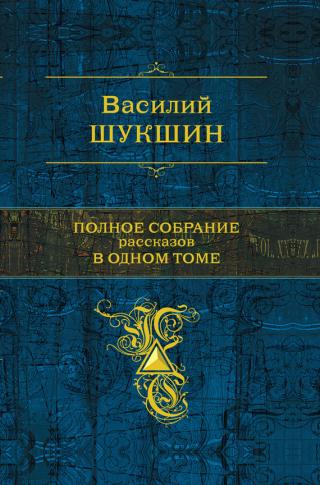
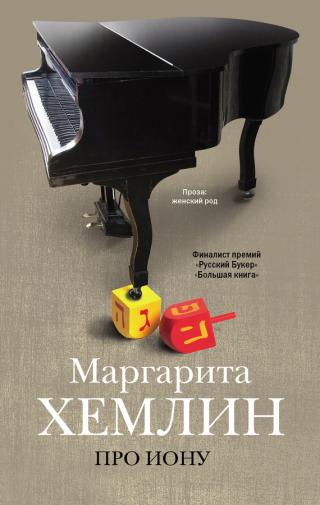
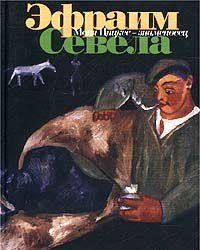
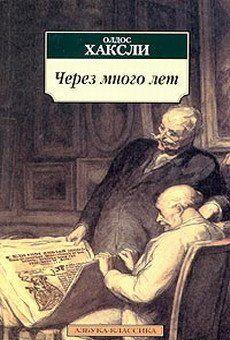
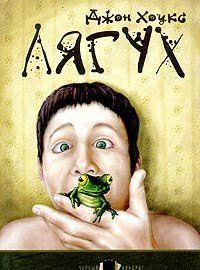


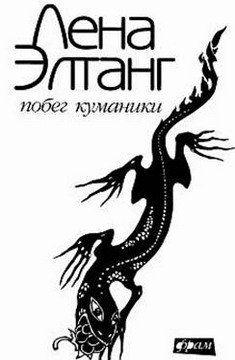
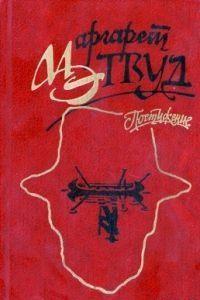
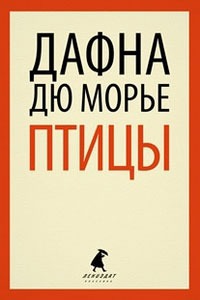
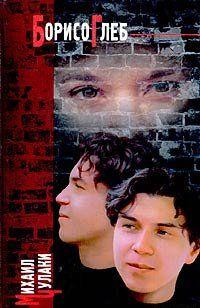
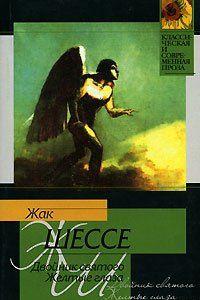
Комментарии к книге "Bleeding Heart Square"